Men are taught to apologize for their weaknesses, women for their strengths
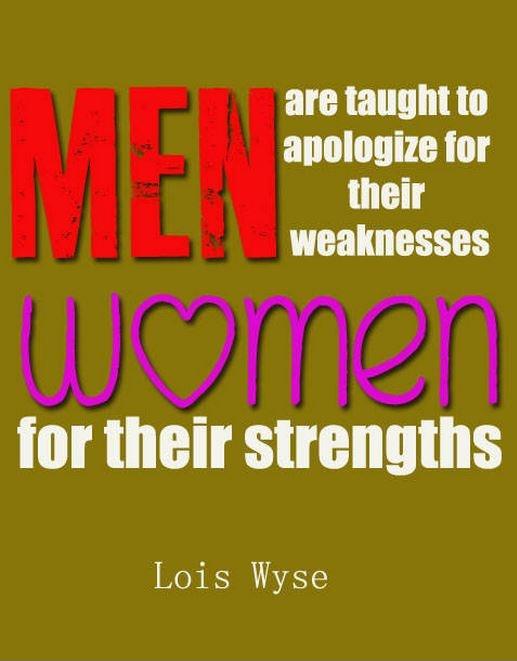
Men are taught to apologize for their weaknesses, women for their strengths
In the world of gender norms and societal expectations, the quote "Men are taught to apologize for their weaknesses, women for their strengths" by Lois Wyse holds a profound truth that resonates with many individuals. This quote sheds light on the double standards that exist when it comes to how men and women are perceived and treated in society.From a young age, boys are often taught to hide their vulnerabilities and weaknesses. They are told to be strong, stoic, and independent. Any display of emotion or vulnerability is seen as a sign of weakness and is often met with ridicule or dismissal. As a result, many men grow up feeling the need to constantly apologize for any perceived shortcomings or weaknesses they may have. This can lead to feelings of shame, inadequacy, and a reluctance to seek help or support when needed.
On the other hand, girls are often encouraged to be nurturing, caring, and empathetic. They are praised for their kindness, compassion, and emotional intelligence. However, when women exhibit traits traditionally associated with strength, such as assertiveness, ambition, or confidence, they are often met with resistance or criticism. Women are taught to downplay their strengths and accomplishments in order to avoid being seen as intimidating or threatening to others. This can lead to feelings of guilt, self-doubt, and a reluctance to fully embrace and celebrate their own strengths.
Lois Wyse's quote highlights the unfair expectations and limitations placed on both men and women based on their gender. Men are taught to suppress their vulnerabilities and apologize for their weaknesses, while women are taught to downplay their strengths and apologize for their successes. This perpetuates harmful stereotypes and reinforces the idea that certain traits are inherently masculine or feminine, rather than recognizing that individuals are complex and multifaceted beings capable of embodying a wide range of qualities.
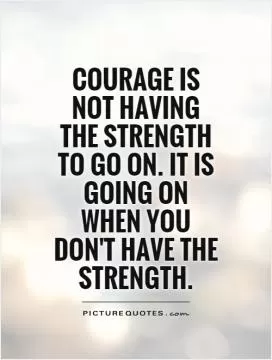
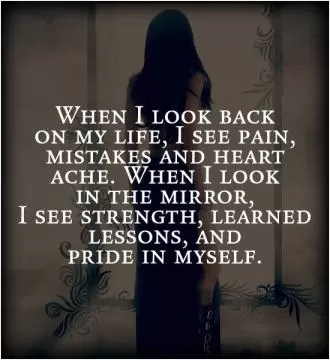
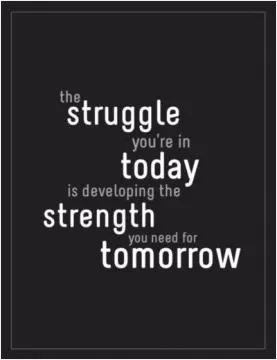
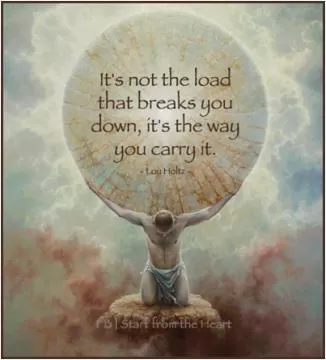








 Friendship Quotes
Friendship Quotes Love Quotes
Love Quotes Life Quotes
Life Quotes Funny Quotes
Funny Quotes Motivational Quotes
Motivational Quotes Inspirational Quotes
Inspirational Quotes